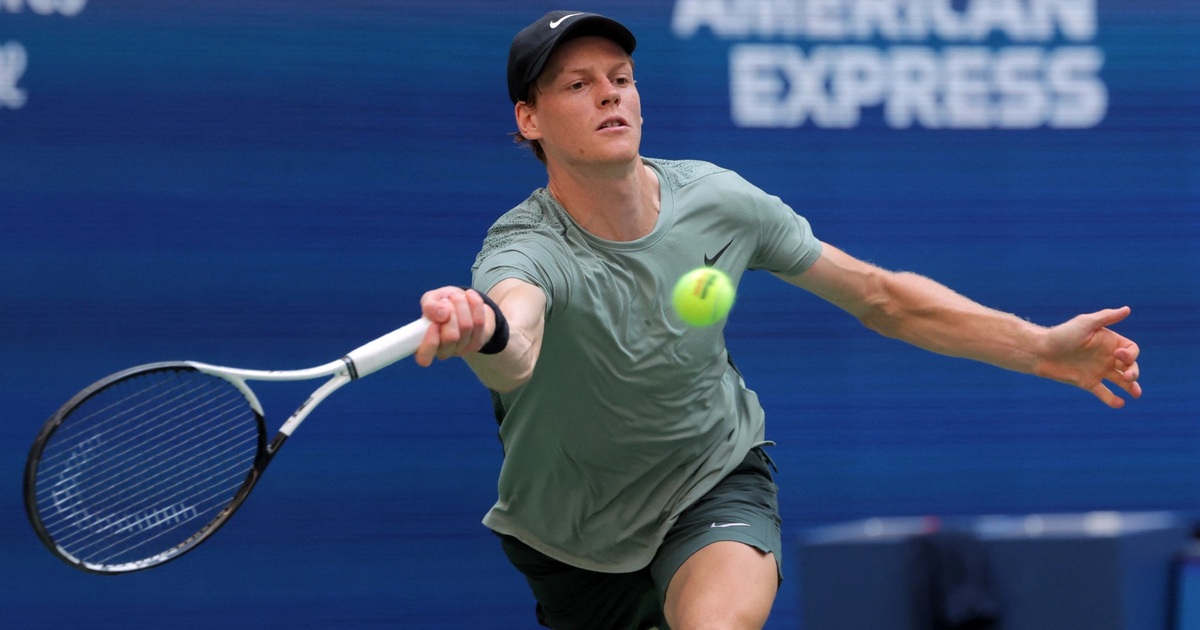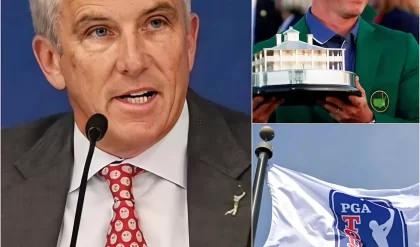Tennis legend Serena Williams has reignited a fiery debate in the sport, claiming she would have faced a 20-year ban and lost her Grand Slam titles if she had failed a doping test like men’s world No. 1 Jannik Sinner. The 23-time Grand Slam champion’s comments, made in a recent interview with Time Magazine, have sent shockwaves through the tennis world, raising questions about fairness, gender dynamics, and potential bias in the sport’s anti-doping system.

The controversy stems from Sinner’s case, where the 23-year-old Italian, who won the Australian Open in January 2025, accepted a three-month ban in February after testing positive for the banned anabolic steroid clostebol twice in March 2024. Sinner claimed the substance entered his system inadvertently through a massage from his physiotherapist, who had used an over-the-counter spray to treat a cut. Initially cleared by the International Tennis Integrity Agency (ITIA), Sinner’s case was appealed by the World Anti-Doping Agency (WADA), which sought a ban of up to two years. Ultimately, a settlement resulted in a suspension from February 9 to May 4, 2025, allowing Sinner to return for the Italian Open and not miss any Grand Slam tournaments.

Williams, who retired in 2022 after a storied career, didn’t hold back in her critique. “I love the guy, I love his game. He’s great for the sport. Men’s tennis needs him,” the 43-year-old said, showing her admiration for Sinner. “But if I did that, I would have gotten 20 years. Let’s be honest. I would have gotten Grand Slams taken away from me.” She even joked that a similar incident during her career would have landed her “in jail,” adding, “You would have heard about it in another multiverse.” Williams, who was named one of Time’s 100 most influential people in 2025, also reflected on her own experiences with scrutiny, noting she was tested more frequently than many peers—five times out of competition by June 2018 alone, according to a Deadspin report.
The tennis community has been divided over Sinner’s case. Critics like Nick Kyrgios have called out the perceived leniency, with Kyrgios stating on X, “Fairness in tennis does not exist.” Former British No. 1 Tim Henman called the settlement “too convenient,” pointing out that the timing of Sinner’s ban allowed him to compete at Roland Garros. Stan Wawrinka went further, saying he “did not believe in clean sport anymore.” On the other hand, the ITIA defends its process, with CEO Karen Moorhouse asserting, “The way we manage cases does not change, irrespective of the profile of the player involved.” But Williams’ comments highlight a deeper concern: could there be a double standard in how doping violations are handled, particularly across gender lines?
Williams also drew parallels to her former rival Maria Sharapova, who faced a 15-month ban in 2016 (reduced from two years) after testing positive for meldonium, a substance she claimed she didn’t realize had been banned. “I can’t help but think about Maria all this time. I can’t help but feel for her,” Williams said, suggesting that female players might face harsher scrutiny or consequences. This isn’t the first time Williams has spoken out about inequities—she claimed in 2018 that she faced “discrimination” due to the frequency of her drug tests compared to other top American players.
The disparity in doping penalties isn’t new to tennis. Women’s world No. 1 Iga Swiatek recently accepted a one-month ban for trimetazidine, while Simona Halep faced a four-year ban for roxadustat, later reduced on appeal. Novak Djokovic, a 24-time Grand Slam champion, also weighed in, suggesting favoritism in Sinner’s case: “It appears you can almost affect the outcome if you are a top player, if you have access to the top lawyers.” These inconsistencies have fueled a broader conversation about transparency and equity in tennis’ anti-doping framework.

For Williams, who misses the sport “with all my heart” but stepped away to focus on family and new ventures like her investment in the WNBA’s Toronto Tempo, the issue strikes a personal chord. She emphasized the care she took during her career to avoid any banned substances, never taking anything stronger than Advil. Her 23 Grand Slam titles, second only to Margaret Court’s 24, remain untarnished by doping allegations—a legacy she fiercely protected. Yet, her remarks underscore a lingering frustration: would the sport have judged her as leniently as it did Sinner?
As Sinner prepares to return to the court, the tennis world is left grappling with tough questions. Williams’ voice, as one of the sport’s greatest icons, carries weight, and her comments may pressure governing bodies like WADA and the ITIA to address perceptions of bias. For now, this saga serves as a stark reminder that even in a sport celebrated for its individual triumphs, the quest for fairness remains a collective challenge. Will tennis rise to the occasion, or will these disparities continue to cast a shadow over its integrity? Only time will tell.





